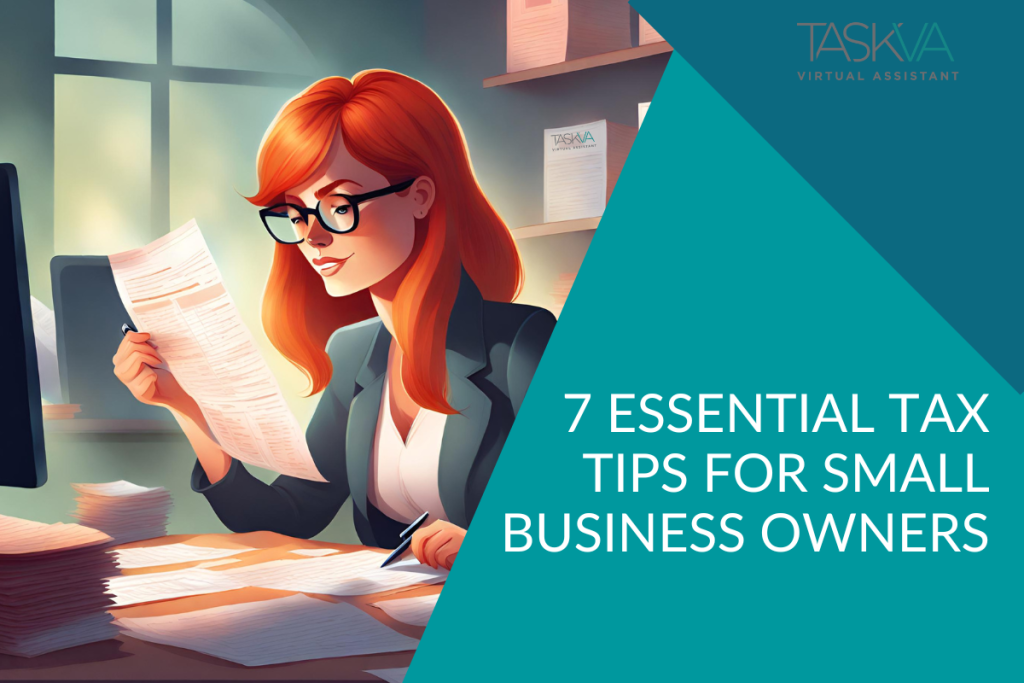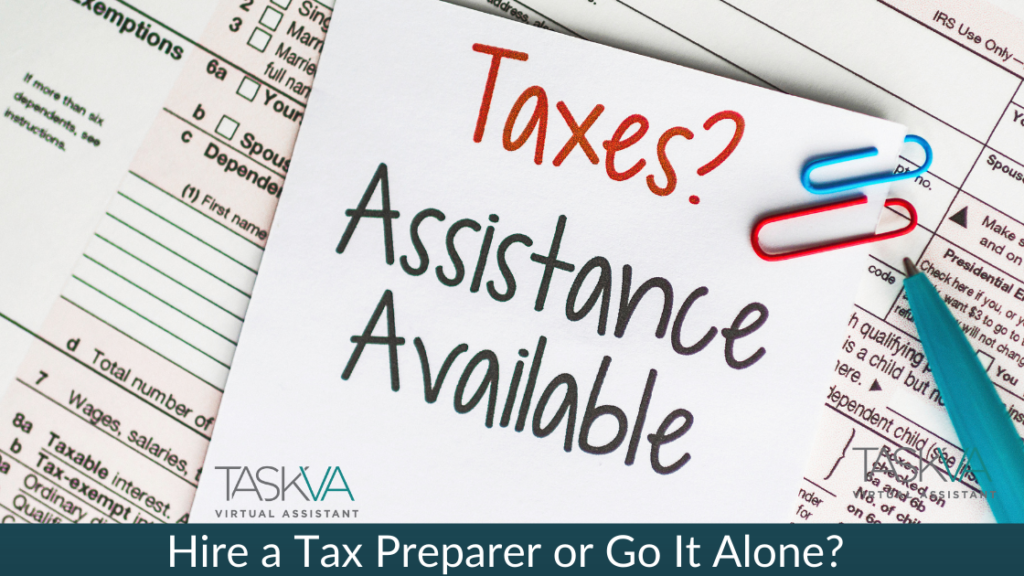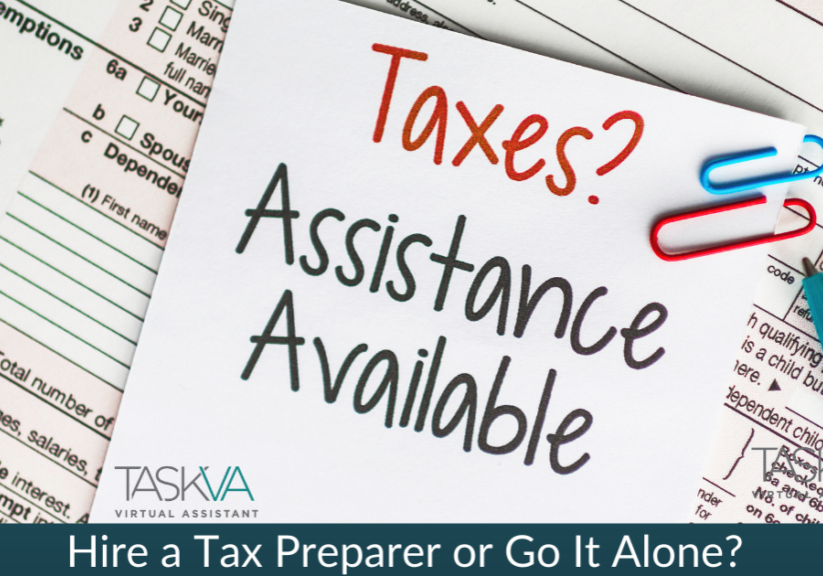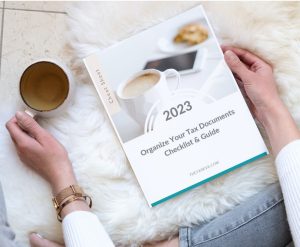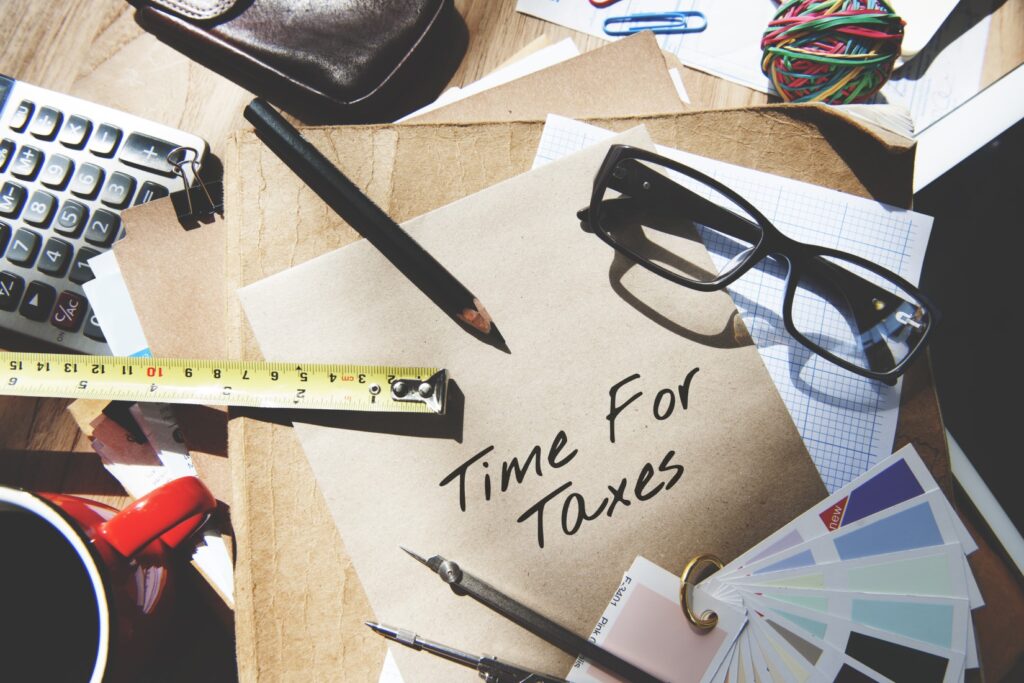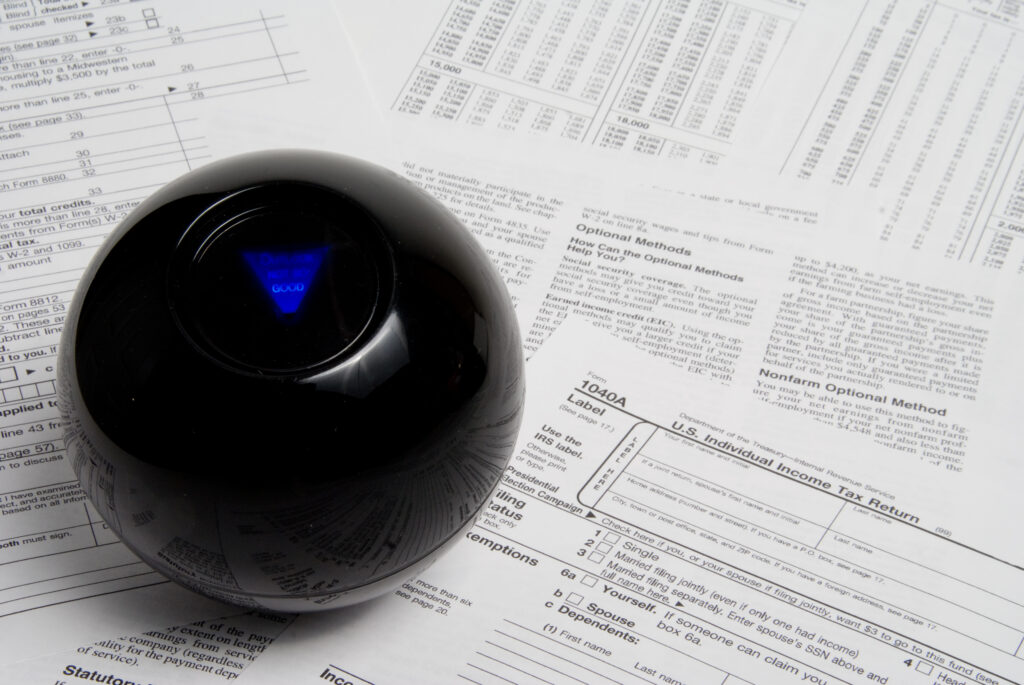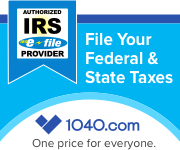Tax Preparation Dilemma: DIY or Hire an Expert?
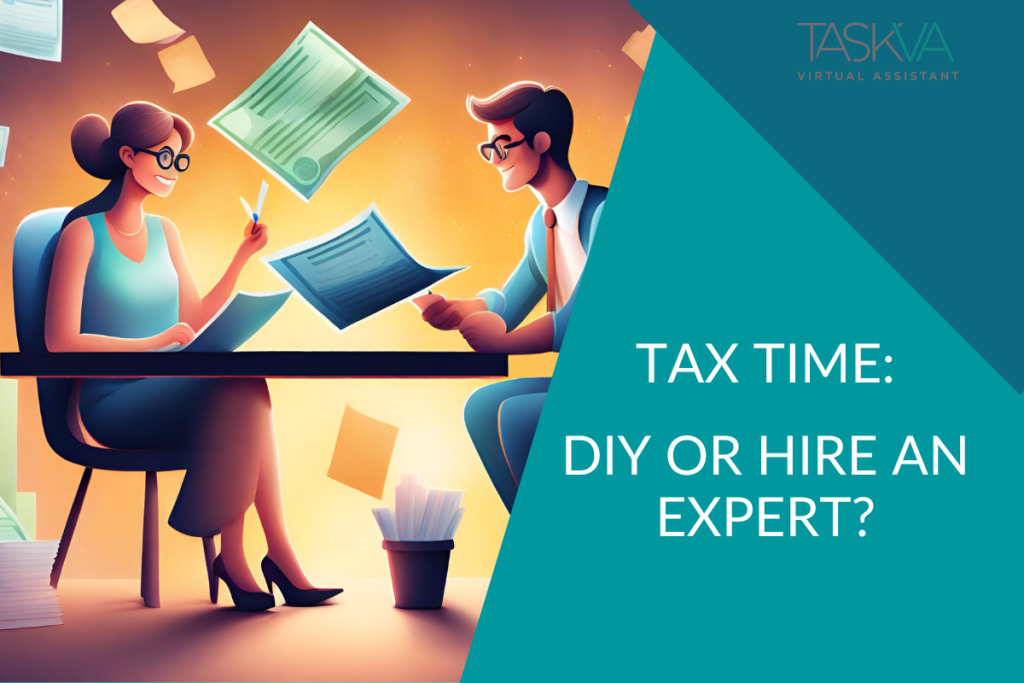
Tax Preparation Dilemma: DIY or Hire an Expert?
Are you facing the age-old dilemma of hiring a tax preparer or tackling your taxes on your own? It's a question that plagues many small to medium business owners like yourself. After all, the decisions we make regarding our finances can have a significant impact on our bottom line.
Going solo has its perks, and one of them is complete control. You have a firm grip on your financial reins, and every decision is yours to make. You can pick your tax software, set your own schedule, and, in the process, save a bit of cash.
If you're tech-savvy, handling online tax software should be a breeze. Platforms like TurboTax and TaxAct can guide you through the process, providing step-by-step instructions. Plus, there's a wealth of online resources at your fingertips, from IRS publications to YouTube tutorials.
Pros of going solo:
- Cost Savings: Doing your taxes yourself can save you money, as you won't have to pay a tax preparer's fees.
- Empowerment: You gain a deep understanding of your business's financials, which can empower you to make better financial decisions.
Cons of tackling your own taxes:
- Complexity: Tax laws are intricate; navigating them without expertise can lead to costly mistakes.
- Time-Consuming: Preparing your taxes can be time-consuming, taking you away from other critical business tasks.
On the flip side, hiring a tax preparer is like having a trusty guide who knows the ins and outs of the tax landscape. They're the experts in tax codes, deductions, and credits. They can spot opportunities for you to save money that you might have overlooked.
By outsourcing your tax preparation, you free up valuable time that you can dedicate to your clients or grow your business. You won't have to worry about deciphering complex tax jargon, and you'll have peace of mind knowing that a professional is handling your finances.
Pros of hiring a pro:
- Expertise: Tax preparers are well-versed in tax laws and can help you maximize deductions and minimize liabilities.
- Time Efficiency: They save you valuable time that you can redirect toward growing your business.
Cons of outsourcing:
- Cost: Hiring a tax preparer comes at a price that can impact your budget.
- Dependency: Relying on a tax preparer may mean you're less hands-on with your finances.
Which path you should choose really boils down to your unique situation and preferences.
If you're confident in your ability to navigate the tax maze, have the time to spare, and are budget-conscious, going solo might be the right choice. It's a valuable learning experience and can save you some bucks.
On the other hand, if you'd rather focus on your clients, want the assurance of expert guidance, and are willing to invest in professional services, hiring a tax preparer is a wise move.
Consider your own financial acumen, the complexity of your business, and the resources at your disposal. Whether you choose to sail solo or enlist the expertise of a tax preparer, remember that the ultimate goal is to ensure your business stays on a steady course toward success.
Tax Preparation Dilemma: DIY or Hire an Expert? Read More »


